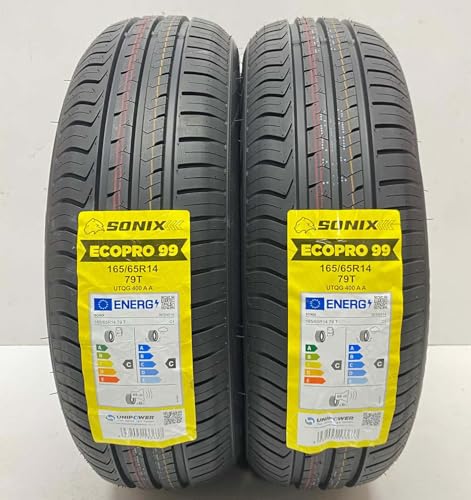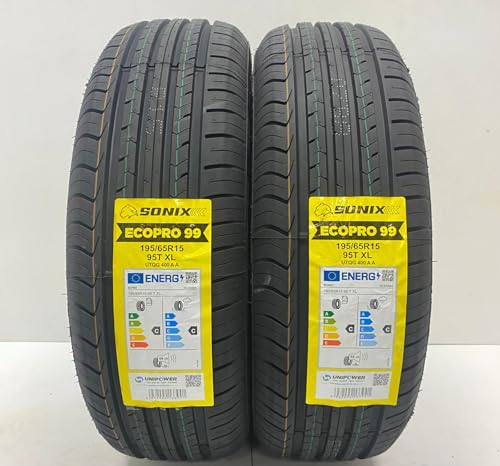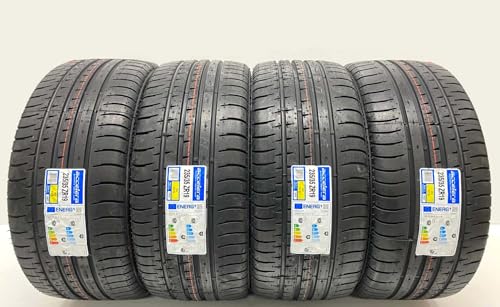Understanding Educational Toys: What Makes Them Different?
Defining Educational Toys
Educational toys are designed to encourage learning through play. Unlike typical toys that may simply provide entertainment, these toys aim to teach children essential skills while they engage in fun activities. Imagine giving your child a set of colourful building blocks; not only do they have the joy of stacking and creating different structures, but they are also learning about balance, coordination, and spatial awareness at the same time.
The Impact of Play on Learning
Research has shown that play is a fundamental component of early childhood education. When children play with educational toys, they are not just having fun—they are developing critical thinking skills, enhancing creativity, and improving problem-solving abilities. For instance, when children interact with puzzles, they are not only entertained; they are practicing their fine motor skills and learning about shapes and patterns.
Top Educational Toy Categories for Children Aged 2 and Above
Creative Toys
Creative toys, such as art supplies and building kits, offer children the chance to express themselves and explore their imaginations. For example, a set of non-toxic crayons and a blank sketchbook can unleash your child’s artistic flair while honing their motor skills.
STEM Toys
STEM (Science, Technology, Engineering, and Mathematics) toys are popular choices for parents looking to encourage logical thinking and problem-solving. Think of science experiment kits or coding games—these engage children in discovering the principles behind how things work, paving the way for a future interest in these essential subjects.
Interactive Toys
Interactive toys, like electronic learning devices or activity centres, provide immediate feedback and learning opportunities. For example, a tablet designed for young children can introduce them to numbers, letters, and even languages, all while making the learning experience lively and engaging.
Motor Skill Development Toys
These toys focus on enhancing physical skills. Items such as counting bears or sorting games require children to manipulate pieces, which aids in developing their fine motor skills. Imagine your child building coordination by threading beads onto a string—this strengthens their dexterity while they play.
Essential Features to Look for in Educational Toys
Age Appropriateness
When selecting educational toys, it’s crucial to choose ones that are suitable for your child’s age and developmental stage. Toys designed specifically for their age group not only match their abilities but also keep them engaged and motivated to learn.
Durability and Safety
Safety is a top priority, so look for toys made from non-toxic materials that can withstand the rigours of play. This not only protects your child but also ensures that your investment lasts longer, allowing for continued learning.
Versatility
Choose toys that can serve multiple purposes. For instance, a set of wooden blocks can be used for stacking, counting, and even creating simple structures; the more ways a toy can be used, the more learning opportunities it provides.
Educational Value
The most effective educational toys have clear learning objectives. Whether it’s teaching numbers, letters, or social skills, make sure that the toy offers an engaging way for your child to absorb new knowledge without feeling pressured.
Expert Tips for Choosing the Right Toys for Your Child
Observe Your Child’s Interests
Pay attention to what captivates your child’s attention. If they love dinosaurs, a puzzle featuring prehistoric creatures could be the perfect choice. Aligning toys with their interests makes learning feel less like a task and more like a natural extension of their play.
Consider Open-Ended Toys
Toys that can be used in various ways encourage children to think creatively and solve problems independently. An open-ended toy, like a simple set of blocks or puppets, allows for countless scenarios and builds their imaginative capabilities.
Involve Your Child in the Buying Process
Letting your child have a say in their toy selections can be a fun activity. It helps them feel valued and more connected to their new learning tool. You might find that they gravitate toward toys that are not only enjoyable but meaningful to them.
Popular Educational Toy Brands to Consider
Fisher-Price
Fisher-Price has a long-standing reputation for creating engaging toys that promote learning and development. Their products are widely known for their fun designs and educational content that aligns well with various developmental milestones.
LEGO
LEGO sets offer children the chance to build creatively while enhancing their spatial awareness and problem-solving skills. With various themes and difficulty levels, there’s something suitable for every young builder.
Melissa & Doug
Melissa & Doug focuses on quality and craftsmanship in their educational toys. Their selection includes imaginative play items that foster creativity and life skills, making them a beloved choice among parents.
VTech
VTech combines technology with education, providing interactive electronic toys that engage children through fun and informative activities. Their range includes products that cater to a variety of learning needs and interests.



























